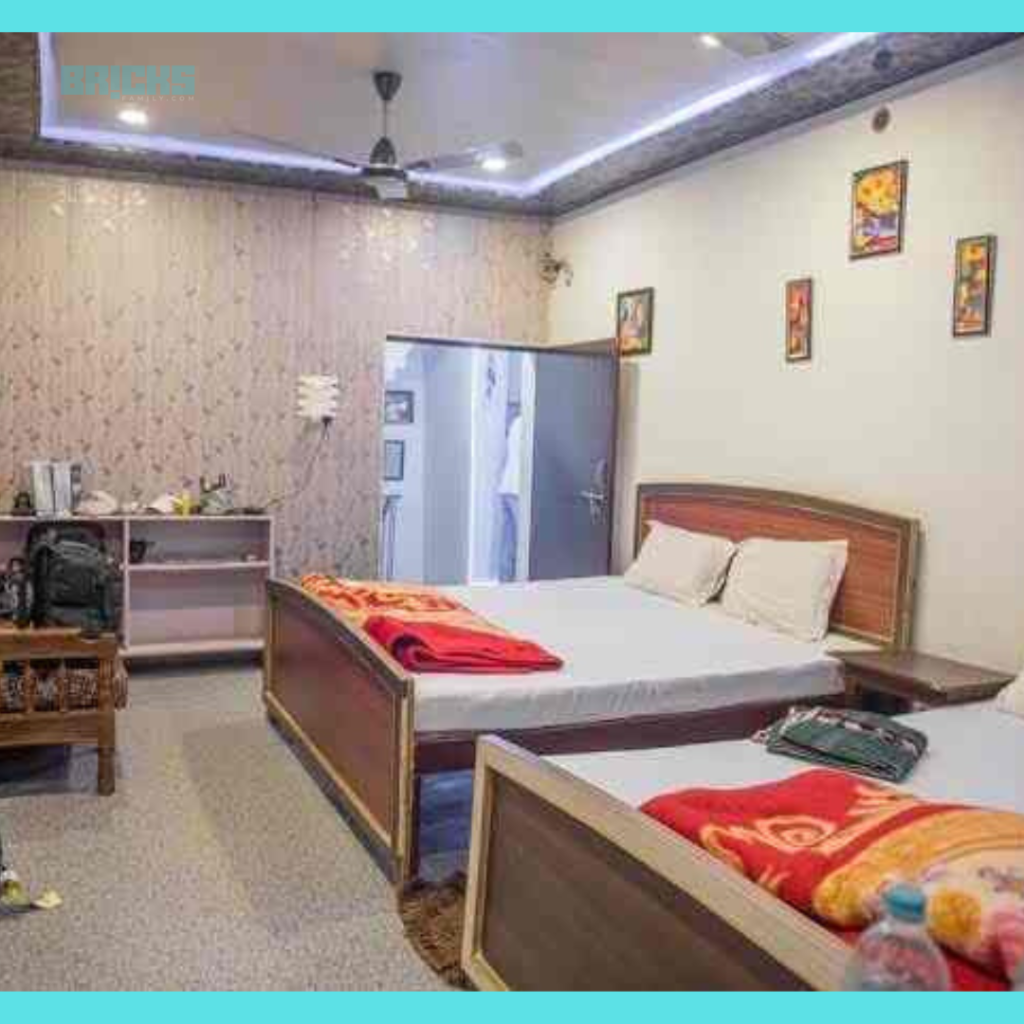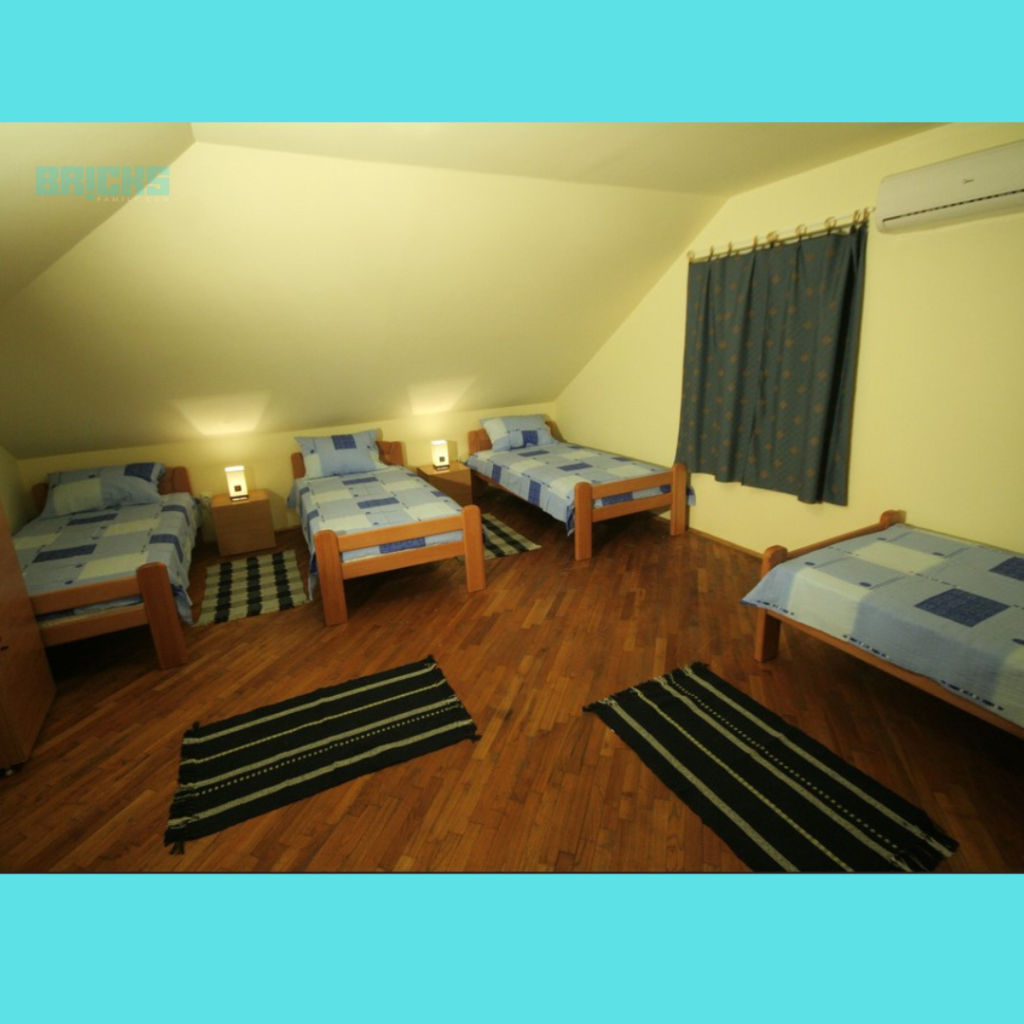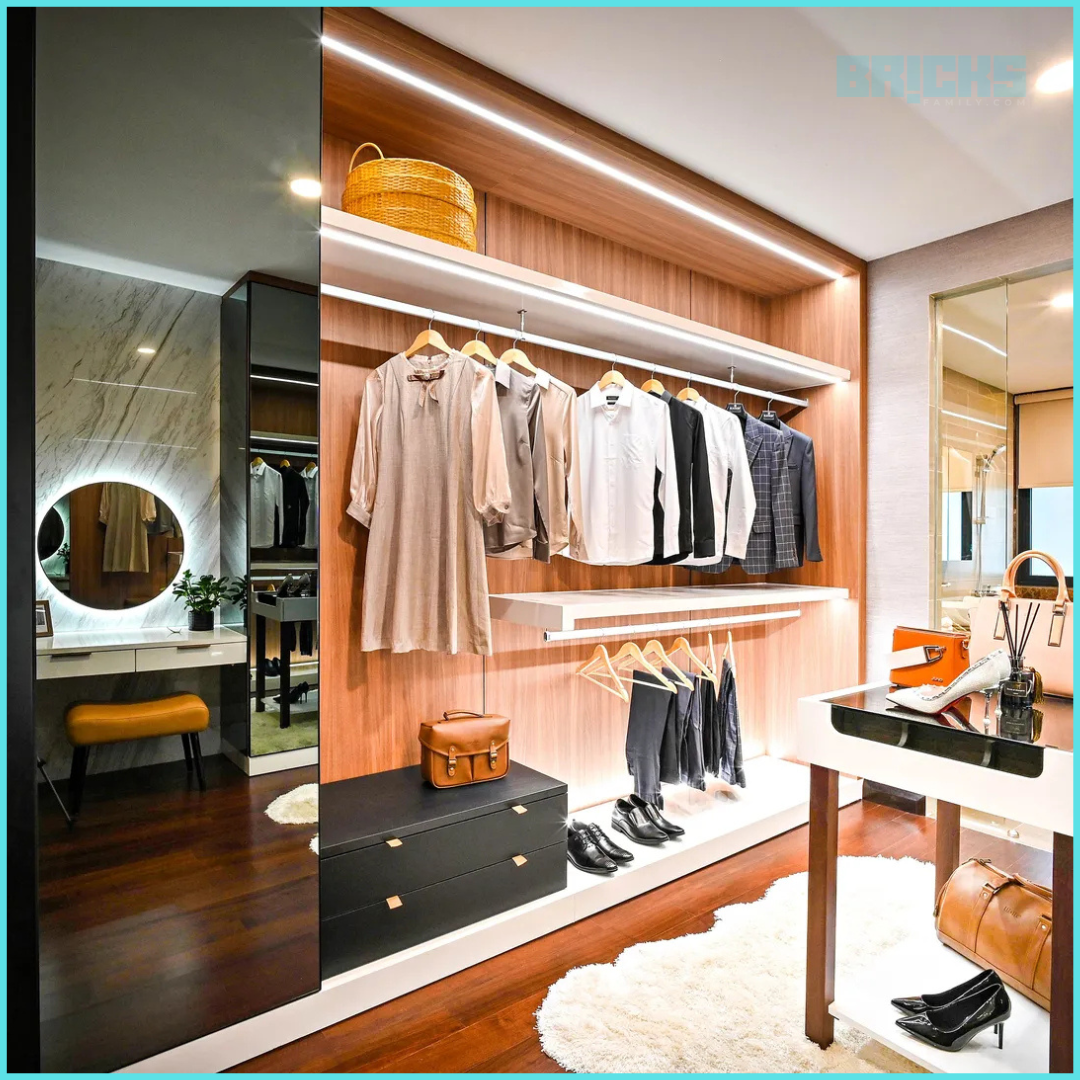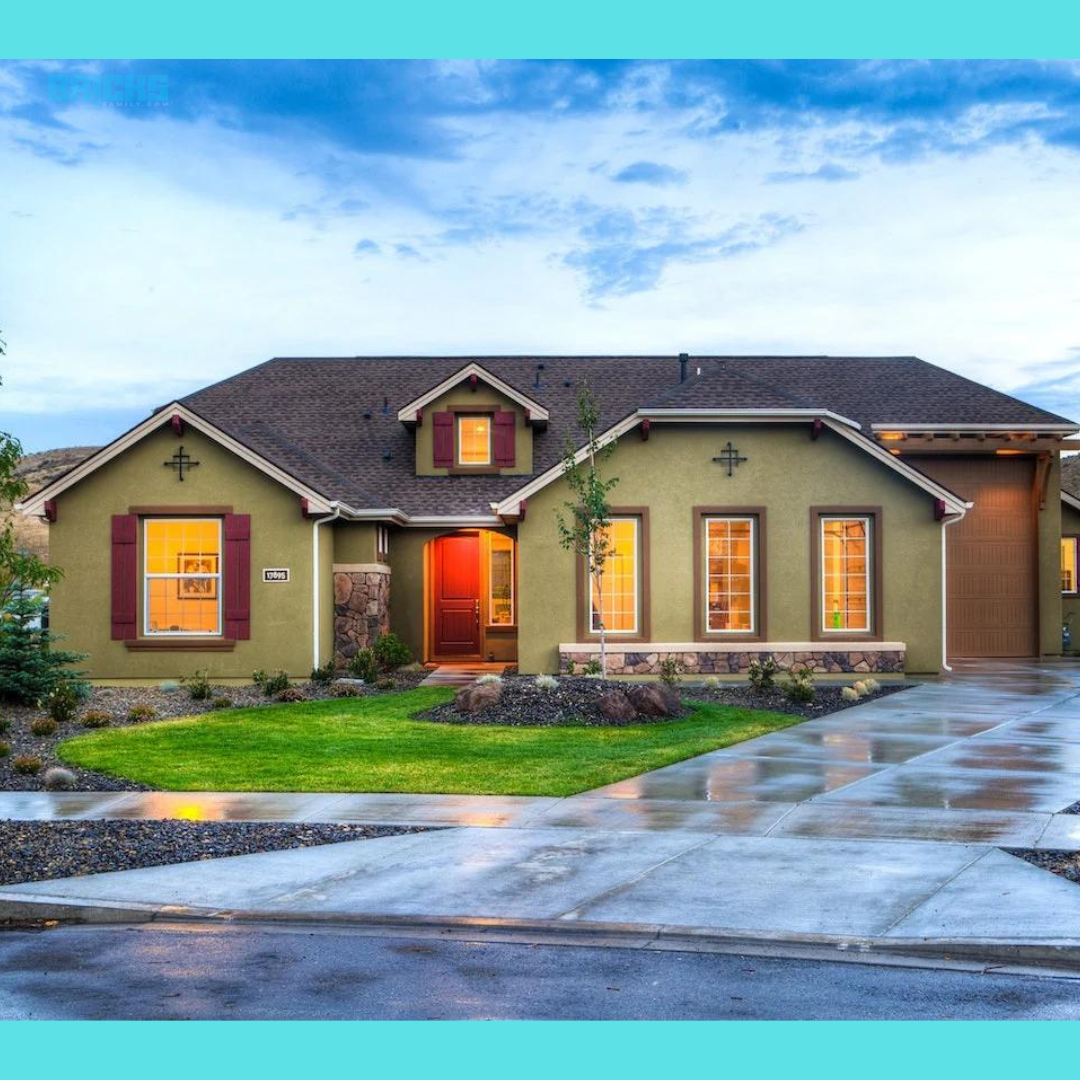Making your home a paying guest, or PG, can significantly increase your revenue by providing another source of income. Furthermore, anyone can experience financial hardship at any time. In addition to earning a living, you can also have obligations like supporting a family or having kids in college. You can get the money you need by turning a portion of your house into PG. This blog is about Things To Consider Before Making Your House a PG | Paying Guest Accommodation.
Many individuals turn their homes into PG accommodations to make money each month. Depending on what’s available, they might sell all or a piece of their home as a PG facility. PGs are constantly in demand. PGs are the first choice for bachelors who commute to work or for students attending a university far from home. Finding a rental house for such a short period is challenging and impractical. Without worrying about legalities, they merely need to pay a monthly charge. Therefore, PG is a booming industry for landlords.
Things to know before converting your house into a PG
No more residential benefits:
When you make the house a facility for paying guests, it is a commercial property. Electricity, water, and tax bills must be paid at commercial rates. Compared to residential expenses, these charges are substantially higher. You could also need a commercial gas connection, which is more expensive than a residential one.
Increased Responsibilities:
Someone from the Reality Company claims landlords will also have more obligations, such as 10-hour workdays if they choose to prepare their meals. You can employ a cook, but the cost would go up. You must set up security measures, such as a guard and surveillance cameras.
Laws and Regulations:
To convert your home into a PG facility, you require several permits. These include nods from neighbourhood watch groups and the police. Every city has different laws and ordinances that you must follow to maintain a steady stream of income.
Opposing pressure from society:
Someone from this industry points out that cooperative housing societies can object to the extensive commercialization of residential structures.
Marketing Requirements:
You cannot be a successful proprietor if no one knows about your PG facility. You need effective marketing to spread the word about your paying guest facility. You can do it yourself or employ a marketing specialist, although the latter will take longer.
Adding More Facilities:
You must also take care of the amenities and services that are part of the rent. The services may also be made optional. These include things like food, laundry, storage spaces, and WiFi. But keep in mind that increasing services will raise your operating costs. Therefore, you must adjust the prices to turn a profit without overcharging.
Background Checks:
You must make sure you are not providing a haven for fraudsters. If you don’t, you could lose money and get into trouble. You must therefore request the relevant IDs from them. It can also be required to provide the names of your paying guests so the police can confirm them.
Rent Agreement:
You should have a rental agreement with the visitors. It may include measures to prevent upcoming disputes. If you intend to raise the rent periodically, include that in the contract. Other issues can involve arriving and leaving the property; you can specify the times in the agreement.
While turning your home into a PG comes with many duties, you can still earn a good living, especially in metro areas with significant demand for PG lodging. For instance, a four-bed PG facility in Bangalore might earn about INR 7,000. If fewer people are sharing a room, you can raise the fee. In Mumbai, income from single occupancies might range from INR 10 K to INR 30 K, depending on the locality.

What makes a rented-out property different from a paying guest facility
In the following aspects, a rented-out house differs from PG lodging:
- A rented-out property is in a residential area. Thus, the tenants are responsible for paying all utilities, including gas, water, and electricity.
- The owner cannot enter the property without the tenant’s consent as long as the renters still live there. Renters will have total privacy. Only a bed or a room can be charged for in a paying guest facility. The owner typically resides in the same home as the paying visitors.
- The home is entirely for the tenants to use however they like. That raises the possibility of property damage. Consequently, you might need to request a larger security deposit when renting your house.
- If you rent out your home, you cannot charge per person.

What responsibilities should you enforce for paying guests?
It would help if you enforced the guidelines to ensure that all paying visitors could coexist peacefully.
- They should be in charge of maintaining excellent manners with other paying visitors, which includes showing everyone respect and observing their privacy.
- It would help if you didn’t permit anyone to engage in loud noise-making activities, such as playing music or drumming. You and your visitors, as well as your neighbors, will find it annoying.
- Additionally, all visitors are expected to act appropriately in the community. To stop such behavior, you must be severe. You must report any illegal activity by the tenants without holding back.
- And lastly, never give guests control of the kitchen. It will interfere with your financial planning and annoy other visitors.
- In conclusion, turning a piece of your home or land into a facility for paying guests might be profitable. But make sure you take into account each of the factors above.
That’s all about Things To Consider Before Making Your House a PG | Paying Guest Accommodation.
Also Read: Nagpur Goa Expressway – Route, Timeline & Other Facts | Shaktipeeth Expressway
Similar Topics: IPS Flooring – Meaning, Types, Advantages, Maintenance & More














